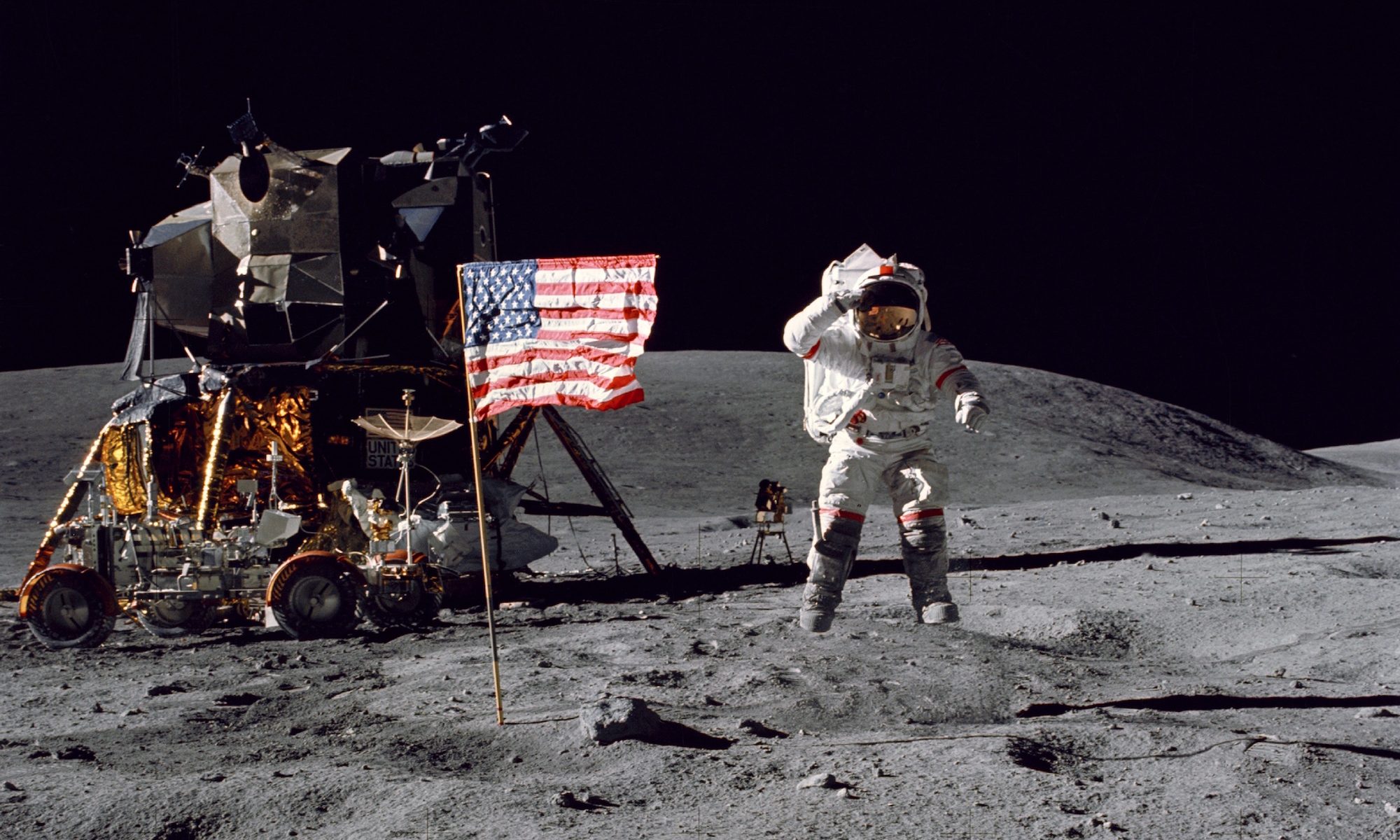Originally published 3 November 2016 but lost in the Great Server Mistake of 2017.
Freedom, Donald Rumsfeld memorably pronounced, is messy. So too is history, although not the way political scientists do it. For political scientists and international-relations folks, especially in their more traditional security and policy-analytic guises, history is a source of data, a repository of cases, and, fundamentally, a storehouse of facts, neatly waiting to be trundled into a book or paper or rectangular dataset as needed. This is the only mindset under which the common conflation of “case” and “history” makes sense: cases can only be histories if histories themselves are simple and unproblematic once the relevant actors and factors are identified.
Among the most important cases in the study of security and policymaking in IR and foreign policy analysis are such well-worn topics as the outbreak of the First World War, the negotiations at the Conference of Versailles, and the Cuban Missile Crisis. Recent scholarship has upended many of the conventional understandings of these events, with the rather salutary effect that scholars know more but “know” less about these traditional cases than they used to. In general, the more political scientists and IR types have adopted historical methodologies, the less they have found themselves trying to prove that a given theory was right. Instead, engaging in conversations with evidence, scholars have found that the evidence should inform the theory, even as the theory tells them where to look for evidence.
Yet with all the progress that has come in recent scholarship, there yet remains a sense that there is a canonical set of cases that not just students but scholars should respect. The trouble does not come from the investiture of a canon; without a shared vocabulary, how could we ever converse? Instead, it comes from the fact that these are canons of cases, and our understanding of cases remains mired in the idea that a case has an outcome and an initiation. If instead we decided to treat cases as investigations of histories–as artificial schemata imposed upon a complex, chaotic bundle–then we would recognize immediately the dangers, and the absurdities, of finding — indeed, requiring — an “end of history”.
In his The Fourteenth Day: JFK and the Aftermath of the Cuban Missile Crisis (2012, Norton), David Coleman does an excellent job of exploding just such an absurdity forced upon us by generations of scholarship, hagiography, and propaganda.
Continue reading “The Fourteenth Day, David Coleman [Review]”



